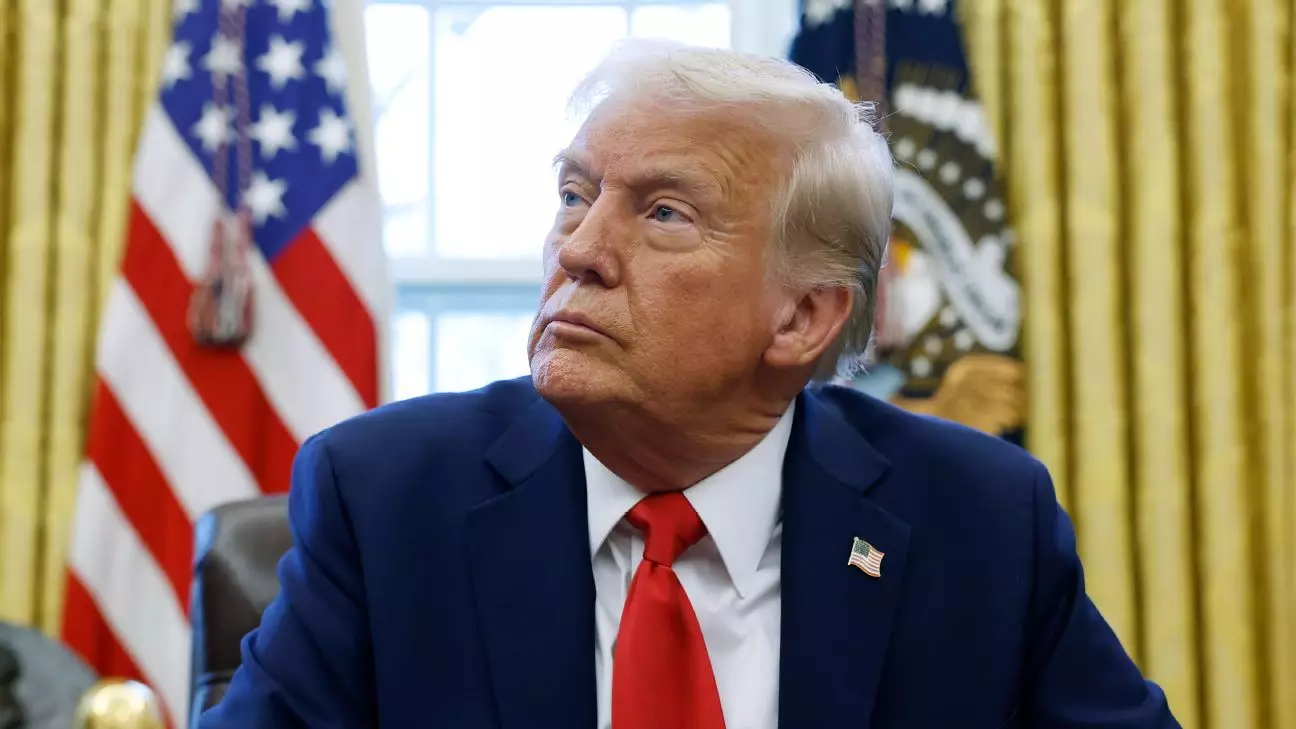In an unprecedented move, Donald Trump is set to attend the Super Bowl in New Orleans, marking a significant moment in American tradition. This event represents a unique intersection of sports and politics, as Trump becomes the first sitting U.S. president to grace the iconic football championship. This historical visit not only elevates the profile of the Super Bowl but also ignites debates about the appropriateness of presidential involvement in such a celebratory occasion.
The U.S. Secret Service has emphasized the meticulous planning involved in safeguarding the president during this high-stakes event. Their preparations began days in advance, showcasing the complexities of ensuring safety at a venue that typically witnesses vast crowds and heightened excitement. With the Kansas City Chiefs facing off against the Philadelphia Eagles, security protocols are of utmost importance. According to spokesperson Anthony Guglielmi, this year’s measures are particularly rigorous due to the presidential presence. Such extensive planning highlights the delicate balance between public safety and the freedom to participate in national festivities.
Trump’s attendance undoubtedly sends ripples outside the realm of sports. Historically, one could argue that the Super Bowl has served as a neutral ground, representing a common cultural touchstone. However, the presence of a sitting president infuses a political dimension that complicates this neutrality. Undoubtedly, Trump’s appearance will be scrutinized not only for the safety measures implemented but also for the potential political ramifications of his choice to attend.
Moreover, the question arises: what message does Trump intend to convey by engaging with such a politically charged event? His past interactions with sports figures and the NFL encapsulate a blend of entertainment and presidential decorum that many find both refreshing and contentious. During a time of division within the country, will his participation unite fans across political lines, or will it serve to further polarize the dialogue surrounding athletics and governance?
In tandem with attending the Super Bowl, Trump is set to engage with the media through an interview with Fox News’ Bret Baier. Traditional expectations dictate that presidents partake in pre-game interviews, a convention both Trump and Biden have navigated with varying enthusiasm. This upcoming interview offers a strategic opportunity for Trump to bolster his public presence while addressing both sports fans and a political audience.
Despite his high-profile attendance, Trump remains ambiguous on his support for either team, maintaining an image of neutrality that may resonate with a broader audience. However, his social media congratulations to the Chiefs after their AFC Championship victory unmistakably positions him in favor of one side. This duality, between being a sports fan and the leader of the nation, raises questions about the role of personal affiliations in public office.
As the Super Bowl approaches, the mix of excitement, political significance, and security measures sets an intriguing stage. The event will not only enthrall sports fans but will also serve as a litmus test for the intersection of entertainment and political engagement in contemporary America. Observers will undoubtedly pay close attention to how this occasion unfolds, offering insights into both Trump’s presidency and the evolving nature of presidential participation in public events. In an era defined by division, moments like these will determine how, and if, sporting events can bridge the gaps in our cultural and political landscapes.


Leave a Reply